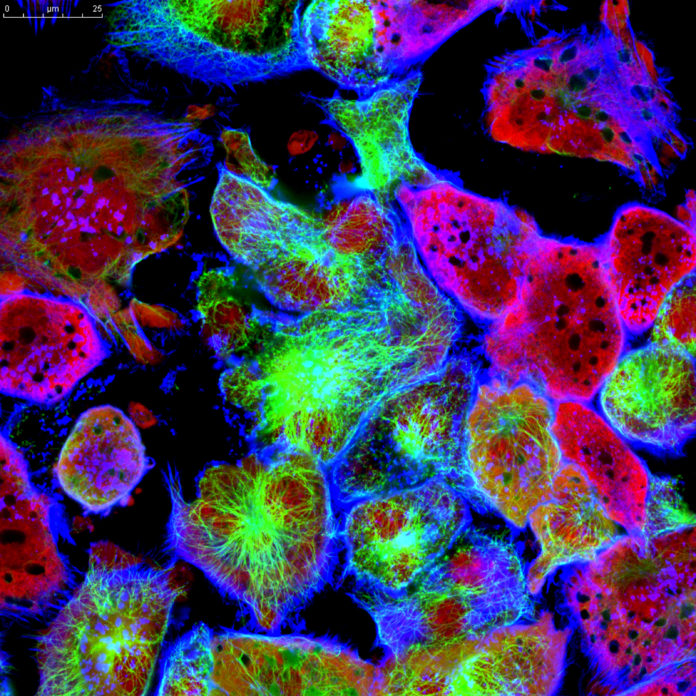A study published in Frontiers in Cell and Developmental Biology assessed how obesity affects breast cancer (BC)—an association which, until now, has been unclear.
The study aimed to determine a DNA-methylation-based biomarker for BMI (DM-BMI) while exploring the connection between obesity and BC. The researchers utilized DNA methylation data from The Cancer Genome Atlas (TCGA) and Gene Expression Omnibus (GEO) to investigate DM-BMI and analyze the level of obesity in breast tissues.
The DM-BMI model demonstrated high accuracy in BMI prediction in tissues from both the non-BC and BC population. Moreover, in BC tissues, DM-BMI was associated with increased adipose tissue content, and BC tissues with increased DM-BMI also showed a higher expression of pro-inflammatory adipokines.
From gene expression profiling, researchers found that DM-BMI-related genes were mainly involved in the process of cancer immunity, and there was a positive correlation between DM-BMI with T cell infiltration in BC tissues.
It was found that DM-BMI was directly correlated with BC immune checkpoint inhibitor response markers. The investigators collectively developed a new biomarker for obesity, discovering that BC tissues from obese patients show an increased amount of immune cell infiltration, making obese patients with BC potential beneficiaries for ICI therapy.
Link: https://www.frontiersin.org/articles/10.3389/fcell.2022.818082/full
Keywords: DNA methylation, biomarker, breast cancer, immune checkpoint inhibitor, obesity









